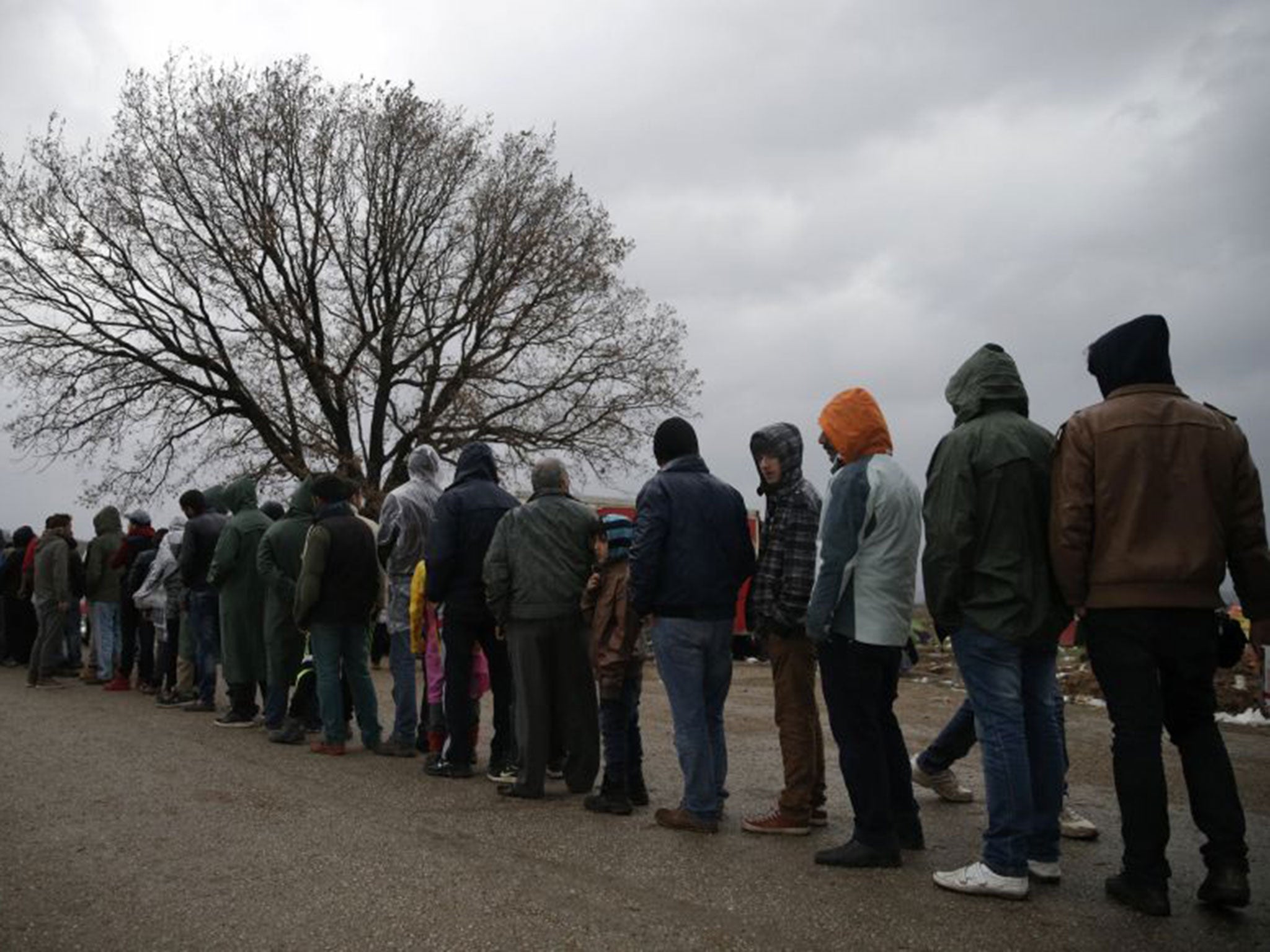Migrant men with legal right to be in UK 'face exclusion and hostility'
Study finds hopes of young migrants arriving in Britain after often arduous journeys are all too quickly shattered

Your support helps us to tell the story
From reproductive rights to climate change to Big Tech, The Independent is on the ground when the story is developing. Whether it's investigating the financials of Elon Musk's pro-Trump PAC or producing our latest documentary, 'The A Word', which shines a light on the American women fighting for reproductive rights, we know how important it is to parse out the facts from the messaging.
At such a critical moment in US history, we need reporters on the ground. Your donation allows us to keep sending journalists to speak to both sides of the story.
The Independent is trusted by Americans across the entire political spectrum. And unlike many other quality news outlets, we choose not to lock Americans out of our reporting and analysis with paywalls. We believe quality journalism should be available to everyone, paid for by those who can afford it.
Your support makes all the difference.The reality faced by young migrant men arriving in the UK, often after arduous journeys of thousands of miles, is that Britain in 2016 is a far cry from the land of their dreams.
A study by experts at the University of Manchester which forms part of a European Commission report on migration has found that the hopes of young migrants arriving here are all too quickly shattered.
While new arrivals want to work hard, start a family, play sport and lead an active social life, many face exclusion and hostility at work, in sports grounds and nightclubs, and also find themselves being unfairly treated by the public and the authorities.
Researchers are now calling for a national effort to help integrate these men into British society so that they no longer feel like second class citizens and can start reaching their full potential for the benefit of the UK economy.
“The majority of the young men we spoke to said they felt fear of victimisation or racism because they feel like second class citizens,” said Jon Spencer, from the university’s Centre for Criminology and Criminal Justice, who led the study.
“When interviewed them, told us that a lot of their social interactions were awkward and made them feel insecure or had the potential to cause conflict or in some cases violence.”
More than one in 10 people in Britain are estimated to be foreign-born, with India, Poland, Pakistan and Ireland traditionally among the biggest sources of new arrivals.
The Syrian refugee crisis has focused the public’s minds on immigration, with David Cameron announcing this week that Royal Navy warships will join Nato forces in intercepting people trying to reach Europe from Turkey.
Immigration is also a key battleground at the heart of the EU referendum, with John Whittingdale, the culture secretary, warning Mr Cameron that he must release the figures showing the “true number” of EU migrants in Britain, amid claims that public services are “creaking at the seams”.
Researchers believe that a negative portrayal of migrants by politicians and the media could be making it difficult for those with legitimate rights of residence to settle, with many feeling they are constantly having to justify their status.
The European Commission study involved in-depth interviews with more than 280 migrants aged 16 to 27 in seven countries across Europe, including the UK.
“The young men we interviewed had a right of residence and aren’t illegal immigrants, yet society in general isn’t making them feel welcome,” Mr Spencer said.
“They feel they are constantly having to justify their status and are made to feel like they don’t belong here. Many we spoke to told us that they feel as if they are on the wrong side of the law, even if they’ve done nothing wrong.
“The perception seems to be that these young men are automatically seen at risk of engaging in criminal activity.”
The researchers say it is vital that national policies are drawn up to help these men to belong and play a part in society and the economy.
“Feeling accepted and part of society is crucial to a young man’s sense of wellbeing and can determine the quality of their present and future outlook,” Mr Simpson said.
“There needs to be a national effort to help integrate these men and give them a sense of security. If people can feel they are members of society, it builds citizenship.
“It should be driven nationally and delivered locally, with migrant community organisations involved in creating educational strategies and developing language skills.
“These are young men who have an absolute right to be here and want to work, but they don’t feel part of society.”
Join our commenting forum
Join thought-provoking conversations, follow other Independent readers and see their replies
Comments